 |
| Let’s face it: Nutrition is not the average American’s strong suit. |
About a month ago, I came across a post with the same title on one of my favorite food blogs, “The Sweet Beet.” I left a somewhat lengthy comment, got a response, and left a follow-up comment. The subject has been on my mind somewhat frequently since then, so I’ve decided to pursue it a bit.
The short answer to this provocative question is “Yes.” Of course there are risks to a vegan diet, and my fellow blogger was right to ask. Her post, I should mention before continuing, has good information that everyone contemplating a plant-based diet should consider. It would be self-defeating (insane, in fact) to stop eating animal products without understanding the essential nutrients they provide, and how to obtain these nutrients elsewhere. The now-famous example of the French couple whose baby died because they were clueless vegans should serve as a cautionary tale on this point.
The longer answer is, “Yes, there are risks to a vegan diet, just as there are risks to any sort of diet–especially the standard American diet.”
Let’s look at the risks of a vegan diet first (they are few, but important). The first and most deadly risk sounds ridiculous, but you’d be surprised how many vegan wannabes fail because they just stopped eating animal products without replacing the animal-based essential nutrients with plant-based sources or supplements. Like the french couple I mentioned, these people may have made the switch for ideological reasons (they could no longer justify participating in the horrifically cruel treatment of animals). While I regard this as a valid and noble motive, pursuing it blindly does open the door to potential malnutrition risks. There are several books out that address the health aspects of a plant-based diet, but I can think of none better or more user-friendly than “Becoming Vegan,” by Brenda Davis and Vesanto Melina. It covers just about everything you’d need to know about the subject. Besides an easily avoided nutrient deficiency, the only other risks are derision and ridicule by non-vegans, and pariah status at the Thanksgiving table. Seriously, that’s it.
Personally, I’ve been eating this way for over two years with no ill effects whatsoever. Quite the contrary: My cholesterol, which was at a vertiginous 289, plummeted to 130 in six months. My metabolism sped up, I have more energy and need less sleep. An oppressive brain fog I had been under without even realizing it lifted around the third day after I dropped the animal products (most likely this was a dairy products-related issue). Whereas I used to use a neti pot every morning, to flush out my clogged nasal passages, I now only use it to combat seasonal dryness, or as a prevention when I’m exposed to sick people. I have not been sick once, even though members of my family have had colds and the flu (clearly my immune system is running fine). My doctor has me getting semi-annual CBCs now (he has a worry that mirrors the title of this post), and so far everything’s good–no anemia; testosterone, Vitamin D and B12 are all solid. Seems my risk management is in top form.
Now let’s look at the risks of a non-vegan diet. A quick indicator is the fact that statin drugs–whose sole function is to help lower a person’s cholesterol–are apparently the top-selling drug in America (even surpassing Viagra). There are other clear indicators. Two in three Americans are overweight, and half of them are obese. Heart disease–the direct result of a poor diet high in animal products–is the number one cause of death. Type II diabetes, although not specifically a meat and dairy related disease, is facilitated by a diet high in refined carbohydrates, processed food and animal products (and subsequently low in whole grains, fruits and vegetables). Osteoporosis, rather than being averted by “calcium-rich” dairy products, is actually exacerbated by them. It’s now known that 35% of cancers are diet-related, specifically diets that are high in animal products and processed foods, while pathetically low in whole grains, legumes, fresh fruits, vegetables, nuts and seeds. The standard American diet, even if the recommendations of the Big Ag-promoted “food pyramid” were being closely followed, is far and away the most dangerous widely-accepted diet one can adopt, period.
Now, I’m no proponent of a fear-based approach to any decision making process. It’s fine for snap decisions involving mortal danger, where you really don’t have time to weigh options (rattlesnake on the footpath, drunk man waving gun), but for long-term decisions (whether to marry, what to eat), a calm, rational approach is far more likely to produce good outcomes. So put on your rational thinking cap and ask yourself which diet comes with greater risks, A) the one that brings significant health benefits, although it requires you to pay a little attention in order not to become deficient in a few key nutrients, or B) the one that is fattening, sickening, and killing hundreds of thousands of people every year?


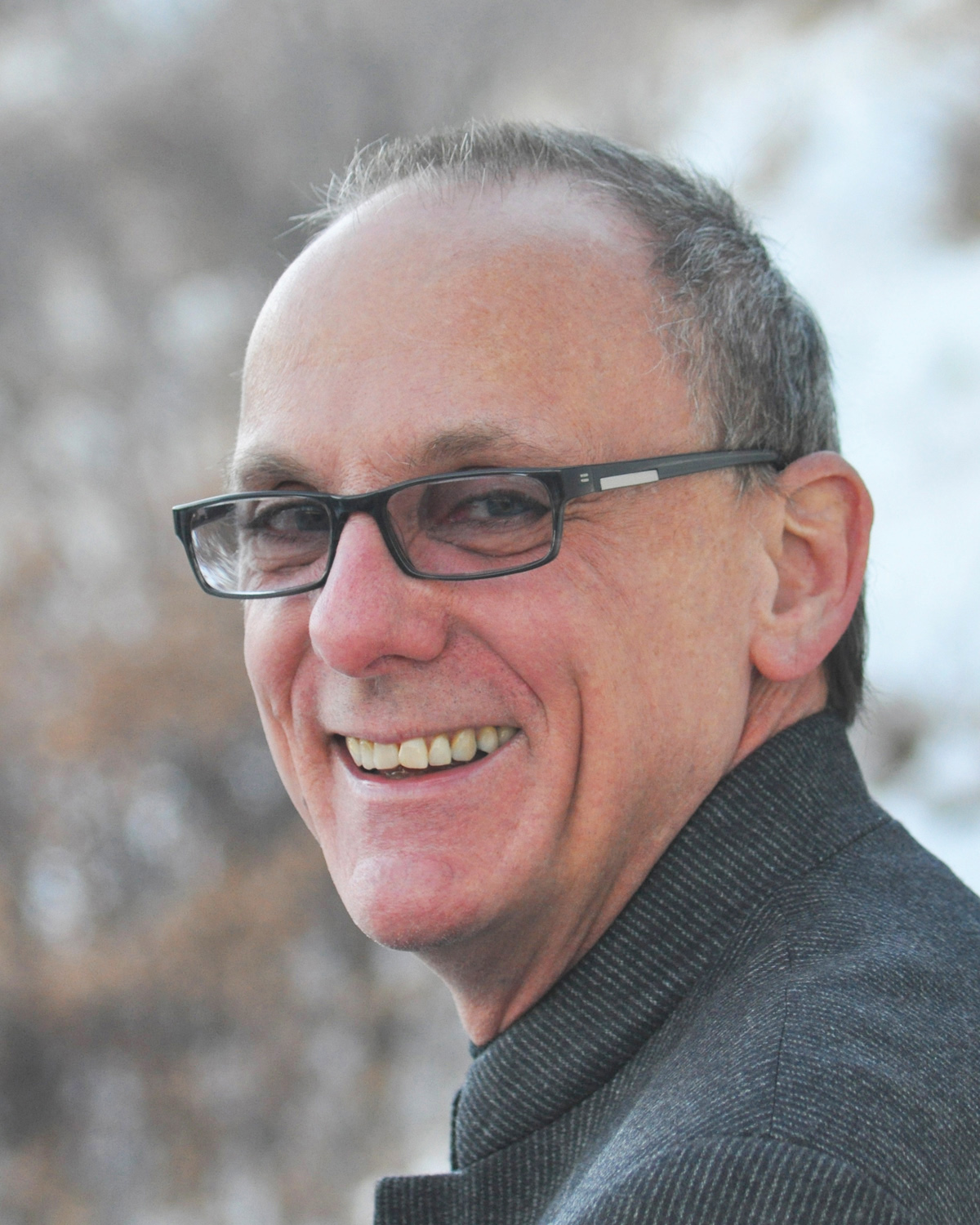
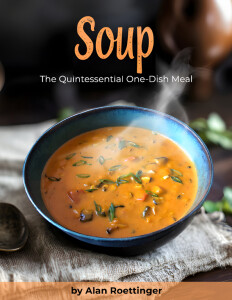
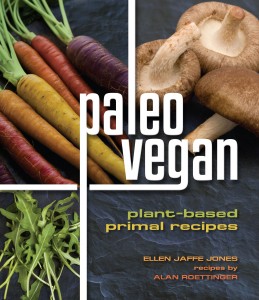
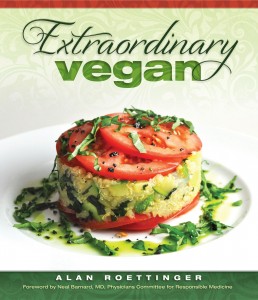
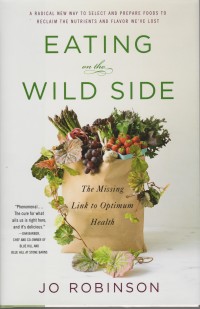
You nailed it! Besides, those “clueless vegans” give us all a bad name when they make headlines for their ignorance.
I’ve been thinking about this post for a while and I think you simplified the issue — there are some people for whom becoming vegan could pose more risks than the ones you name: people who have or who are recovering from eating disorders and for whom healthy eating means eating anything at all, people with food allergies or intolerances particularly for foods that are high in protein like nuts and beans, people who live in food deserts who don’t have access to fresh foods particularly vegetables and fruits, teenagers/young adults who still live at home or in a place where they are forced to depend on someone else to provide them food, people with significant physical or mental disabilities that limit what food they can eat or prepare …
In my own life I am surrounded by many vegans and vegetarians — but I’m also surrounded by people who would be vegan, or vegetarian, but are unable to because of one or more of the above obstacles. For these people becoming vegan at this point in their lives would be either dangerous (the trigger that leads back to disordered eating; the inability to aquire the necessary types of food; etc) or virtually impossible. While the above examples don’t apply to everyone, I think that it’s important to awknowledge that not everyone is coming from the same place and that there is no one diet that will work for everyone at all times.
The other thing is that there is a wide range of options between being vegan and the standard American diet; it’s not one or the other. The assumption that this post makes that is is one or the other is pretty insulting towards people who don’t eat in either extreme.
Siri: You make excellent points. I myself have been thinking about this post, though not considering the points you raised in your first two paragraphs. My concern has been that, as you said, I created a false dichotomy–vegan diet/standard American diet. In doing so, I left out the great number of people who are neither eating a vegan diet nor eating what might be called the other extreme–the many who are feeling their way, trying to be conscious and do the right thing, eating as well as they know to do. I was such a person until two years ago, and yes, if I had read this post at that time, I might have thought it arrogant and narrow. Thank you for pointing this out.
I will say that I don’t actually consider myself “a vegan.” I’m a human being who, like those people I left out of my post, is feeling his way and trying to act as consciously as possible. My diet is now vegan, but I’m no different from anyone else in all aspects that matter.
I truly appreciate your taking the time to write what you did. I will work on a post in the next days to express in detail what I’ve said here. Thanks again for your thoughtful words.
Appreciating this persistence you place in to the website and detailed advice you present. It’s awesome to arrive upon a website once in a time that’s not the same out of date re-written information. Excellent article! We have saved your blog and I am adding your Feed to my Msn account.
Thank you , “Alkaline.” I’m always encouraged by people’s comments, especially those indicating that I’m helping in some way. Thanks also for helping to promote my blog!